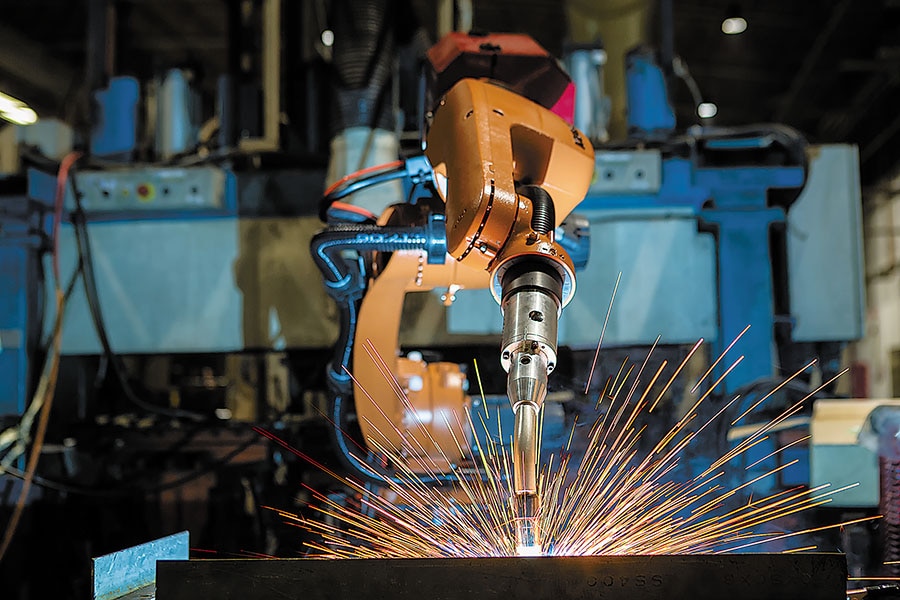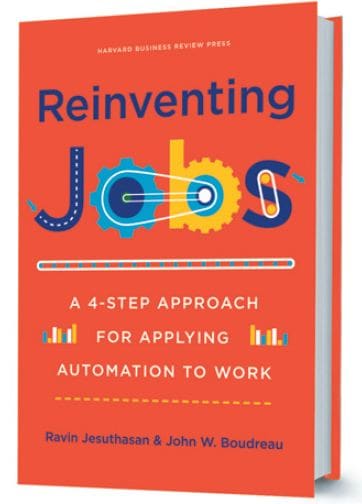'Workers must be entrepreneurial in the age of automation'
Ravin Jesuthasan, the co-author of a new book on job automation, talks to Forbes India about how organisations and employees could adapt to changes


 Image: Shutterstock[br] If you think automation is here to take over jobs and is likely to replace humans in some sectors faster than in others, you are probably mistaken, says a new book. Reinventing Jobs, by human capital experts Ravin Jesuthasan and John W Boudreau, says it is more prudent to apply automation not to entire jobs, but to specific tasks. This, they say, will help organisations determine the optimal combination of humans and machines.
Image: Shutterstock[br] If you think automation is here to take over jobs and is likely to replace humans in some sectors faster than in others, you are probably mistaken, says a new book. Reinventing Jobs, by human capital experts Ravin Jesuthasan and John W Boudreau, says it is more prudent to apply automation not to entire jobs, but to specific tasks. This, they say, will help organisations determine the optimal combination of humans and machines.
In India, 51.8 percent of work can be automated, according to a 2019 report by the International Labour Organization. Titled Changing Business and Opportunities for Employer and Business Organizations, the report says that about 66 percent of Indian businesses are already looking for automation-centric skill-sets among new recruits more than they did three years ago, and that automation threatens to impact women more than men. Jesuthasan believes that the key to dealing with the latter is two-fold: “Address the lack of diversity within the workforce to ensure a gender-balanced, equitably paid population across various job functions, and ensure equal access to continuous reskilling or upskilling.”
The book, while asking leaders to rethink their goals to achieve the mission of the organisation, also says workers must be “more entrepreneurial, prepared to shift between employment, contracting, freelancing, and so on”. According to Jesuthasan, organisations adopting automation need bite-sized learning interventions delivered effectively through technology. “We need to embrace VR/AR solutions that combine learning and work,” he says.
First Published: Dec 06, 2019, 10:23
Subscribe Now